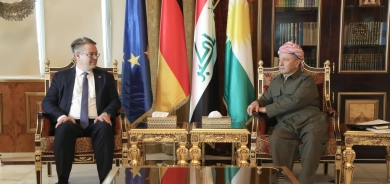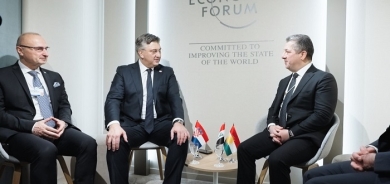Saudi Arabia: An Unsavory, Untrustworthy Member of the Anti-ISIL Coalition

The most questionable coalition partner, though, is Saudi Arabia. Indeed, it should be most awkward for Washington and the other Western powers to ally with that country for missions against ISIL. There was understandable revulsion throughout the international community when videos surfaced of ISIL executing Iraqi military prisoners. Then came the even more horrifying images documenting the beheading of two American journalists and a British humanitarian aid worker. But ISIL is not the only perpetrator of such barbarity. In 2014 alone, Saudi Arabia has executed 46 people through beheadings—nearly half of them for nonviolent offenses. Yet Western leaders express muted criticism, at most, of their ally’s odious conduct.
Equally troubling, Saudi Arabia bears considerable responsibility for the rise of ISIL in the first place. Riyadh (along with Ankara) enthusiastically backed the insurgents in Syria that have been trying to overthrow the government of Bashar al-Assad. A large portion of Saudi aid, though, went to radical factions that subsequently formed the core of ISIL. It should not have been a surprise that Riyadh lavished much of its assistance on anti-democratic, ultra-religious elements, given the royal family’s long-standing record of promoting the extremist Wahhabi strain of Islam throughout the Muslim world.
Saudi leaders may now realize that their conduct helped create a Frankenstein’s monster in the form of ISIL. But Washington’s assumption that Riyadh, as member of the anti-ISIL coalition, will promote and strengthen “moderates” in Syria and Iraq is a case of wishful thinking. It is far more likely that Saudi Arabia will seek to empower competing hard-line Sunni Arab factions in those countries—factions that are willing to break with ISIL and instead accept guidance (and probably financial largesse) from their Saudi patrons. Moreover, although Riyadh likely wants to marginalize ISIL, it hardly wishes to crush the organization and thereby benefit either Sunni secular factions or Shiite Iran and its allies in Syria, Iraq, and Lebanon.
Unfortunately, the Obama administration and other Western governments seem unwilling to acknowledge that a key member of the coalition they are building against ISIL is both unsavory and duplicitous. But the participation of Saudi Arabia may undermine the goals of the anti-ISIL mission even before the campaign gains momentum. Western leaders badly need to reassess their assumptions about Riyadh’s motives and probable actions. It does the allied powers no credit to make common cause with such a repulsive regime.
Ted Galen Carpenter, a senior fellow at the Cato Institute and a member of the editorial board at Mediterranean Quarterly, is the author of nine books and more than 550 articles and policy studies on international affairs.

 Ted Galen Carpenter
Ted Galen Carpenter











